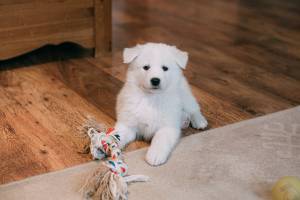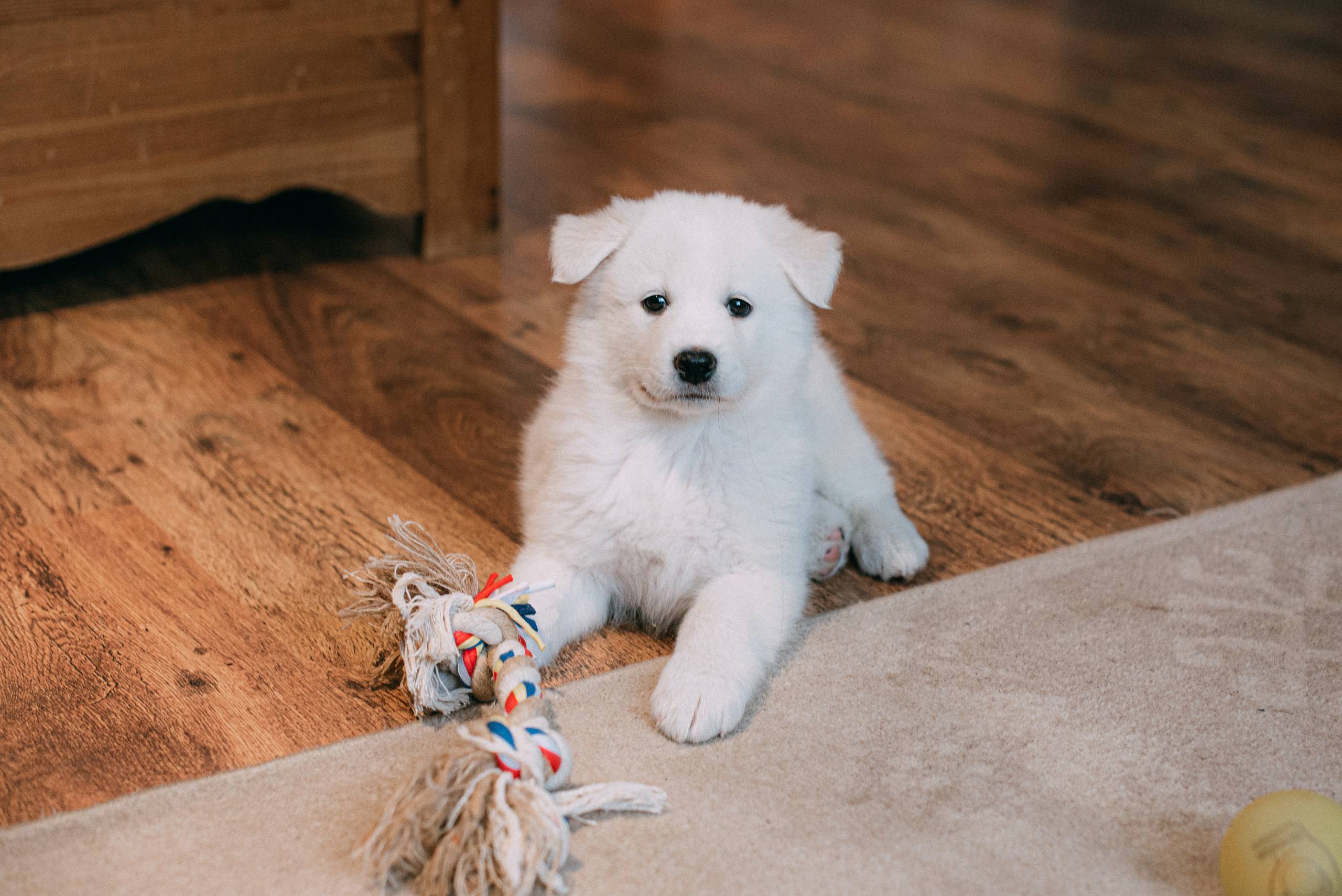
Diarrhea in dogs can be caused by various factors, including dietary indiscretion, stress, changes in diet, and underlying health issues. While it’s essential to address the root cause of the problem, providing the right food can help alleviate their discomfort and aid in their recovery. When your dog has diarrhea, it’s crucial to offer easily digestible and gentle foods that can help soothe their stomach and firm up their stools.
First and foremost, it’s important to withhold food for 12-24 hours to allow your dog’s digestive system to rest. This period of fasting can help calm their upset stomach and give their intestines time to heal. Make sure to provide plenty of fresh water during this time to prevent dehydration. However, if your dog’s diarrhea persists for more than 24 hours or is accompanied by other concerning symptoms, it’s vital to consult your veterinarian promptly.
Once the fasting period is over, you can gradually reintroduce food to your dog. Opt for bland, easily digestible options such as boiled chicken (without bones or skin) and plain, cooked white rice. These ingredients are gentle on the stomach and can help bind loose stools. You can also consider offering plain, low-fat yogurt, which contains probiotics that can aid in restoring the balance of healthy bacteria in your dog’s gut.
In addition to chicken and rice, you may also want to explore commercial diets specifically formulated for gastrointestinal health. These diets are designed to be highly digestible and may contain added ingredients such as fiber, prebiotics, and specific nutrients to support digestive function. Before making any dietary changes, it’s best to seek advice from your veterinarian to ensure that the chosen diet is suitable for your dog’s individual needs.
While managing your dog’s diet during a bout of diarrhea is crucial, it’s equally important to monitor their progress closely. Keep an eye on their hydration levels, as diarrhea can lead to fluid loss. If your dog seems lethargic, shows signs of pain, or if the diarrhea persists or worsens, seeking veterinary care is essential.
In conclusion, while diarrhea in dogs can be worrisome, making informed decisions about their diet can contribute significantly to their recovery. By providing easily digestible foods, ensuring proper hydration, and seeking guidance from a veterinarian when needed, you can help your furry companion overcome this temporary setback and get back to their playful, happy selves. Remember, your dog’s health and well-being are always a top priority, and with the right care and attention, they can bounce back from this digestive upset.[/fusion_text]



